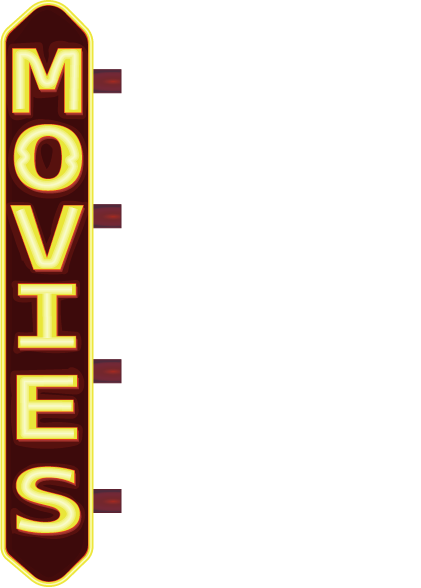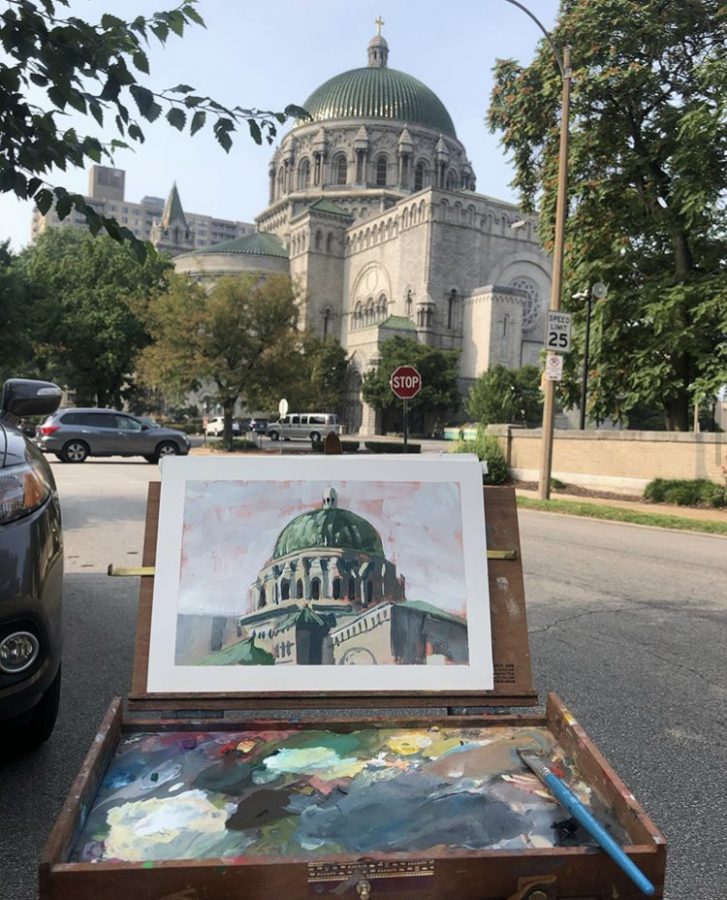Music-true music, not just rock ‘n’ roll-it chooses you,” proclaims Lester Bangs (played by Philip Seymour Hoffman) in Almost Famous. “It lives in your car-or alone, listening to your headphones-vast scenic rituals and angelic choirs in your brain. It’s a place apart from the vast benign lap of America.”
Indeed, how would one go about assessing the entire music scene of a generation? At best, music survives in the mind of the individual; at worst, it receives oscillating support from the same mind, depending upon its mood, who it loves or hates or which drugs it has succumbed to.
All the same, there are certain musical truths that each of us accepts. For example, I know that before I leave my room in the morning, I will listen to all or part of Kind of Blue or Let It Bleed.
The first is a famous Miles Davis album from 1959, the second a Rolling Stones album from a decade later. I can’t really tell you why I tend to choose this more often than other music, but I don’t really want to.
Neither do I want to tell you why, as I remember, my mother wept at a live performance of Beethoven’s Fifth Symphony when I was much younger, nor why “Gimme Shelter” perfectly captures the utter abandon of youth in a way that gives even T.S. Eliot a run for his money-nor why a few Duke Ellington tunes could soothe a lovesick, teenage heart almost as much as human touch itself.
We don’t choose music, right? It chooses us.
Yet sometimes music finds its way to more than a few arbitrary people. Sometimes it really latches on-to the point where, like it or not, musicians are labeled as the New Prophets of their particular people.
Walk into any record store and you’ll easily find the icons who set in stone the cultural laws of their time-be it John Coltrane, Johnny Cash or Joe Strummer. They might have forgotten what their president stood for at the time, but folks tend not to forget when they first bought London Calling.
So what does any of this have to do with rap? Well, like it or not, rap is, as far as I can tell, the only music that’s making a difference at more than a personal level.
Rock has had its run. Old hands like Neil Young, Bob Dylan and Van Morrison do the heavy lifting in that genre. Of course, they still put out good albums, but they can’t carry a whole movement as they once could.
And the most popular act in rock today, U2, is a band that first came on the scene more than 25 years ago and itself has petered out with time.
Only rap now sustains the unique combination of talent, heart and popular appeal to bolster a genuine movement. Rap has also show rapid growth in the last 15 or 20 years in ways unseen in rock since the early 1990s.
Rappers like Jay-Z, Kanye West and Common have carried on from musicians like Notorious B.I.G. and Dr. Dre in the same way that second generation rockers like Led Zeppelin and David Bowie carried on after everyone from Bob Dylan and The Beatles to Cream and the Rolling Stones.
Some rappers are even in a unique position to convey important political messages that would be ignored were rockers to voice them. Neither Bruce Springsteen nor a band as relatively young as Pearl Jam can deliver as powerful-and socially pertinent-a warning as that at the end of Common’s latest album, Be: “Be cautious of the road to college taking a detour through Vietnam or the Middle East.”
It’s Miles and Marvin in a single spoonful, with all the soulful strings and bouncing baselines typical of records like Kanye West’s College Dropout and Jay-Z’s sign-off, The Black Album.
In short, rap has entered into my music collection after undergoing the same tests I put to Beethoven and Bill Evans alike, but it means more to me at the moment, because it’s something I can participate in.
I still get chills when I hear the opening clacks of Sketches of Spain-or the opening movement to Brahms’ Third Symphony, for that matter-but not the same way as when I hear Jay-Z rap, in “Justify My Thug,”
Mr. President, there’s drugs in our residence,
Tell us what you want us to do-
Come break bread with us!
Mr. Governor, I swear there’s a cover-up:
Every other corner there’s a liquor store-
Fuck is up?
I feel proud knowing that I got Be when it first came out, in the same way, I imagine, a student in the 1960s would be proud to have bought Bringing It All Back Home or Rubber Soul when it first came out.
It gives me hope that, even though Bob Dylan might be getting senile and Ringo Starr, by some horribly twist, could actually become the last living Beatle, the spirit of the past music lives on. Not that it lives on in any strict, political sense, but just that it carries out the now essential mission of getting under people’s skin, of kicking them in the ass-and, of course, of doing it with beautifully seductive sounds.
That Jay-Z says at the end of The Blueprint that jazz taught him his rap dreams were within his reach and that Common gives a nod both to Coltrane and Yusef Lateef at the beginning of Be only further convinces me that great music never dies off, it just regenerates itself in the most accessible form.
And that, today, is rap.






